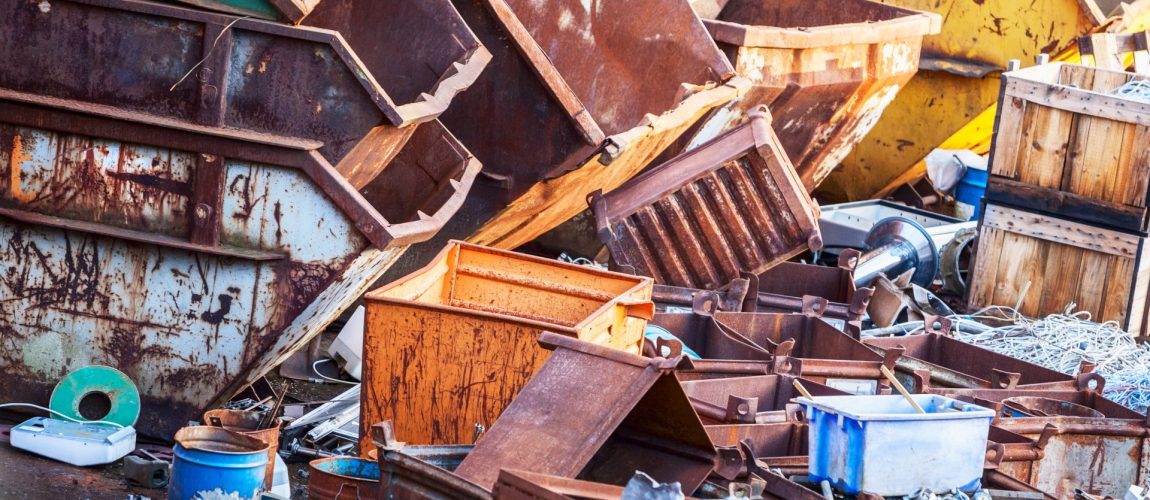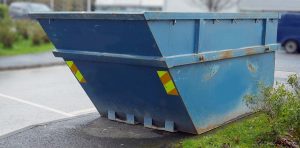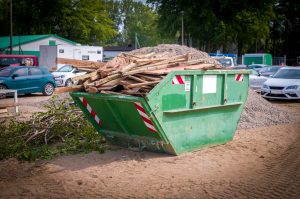Skip hire has become an integral part of waste management and construction projects today. But have you ever wondered about its origins and how it evolved into the convenient service we know today? In this blog post, we delve into the history of skip hire, tracing its roots and highlighting its transformation over time.
Early Waste Disposal Methods
In the early days, waste disposal presented significant challenges. People relied on rudimentary methods such as open dumps, burning, and manual sorting. These methods were not only inefficient but also detrimental to the environment.
Introduction of Skip Containers
The concept of skip containers emerged as a more organised and efficient way to handle waste. Skip containers, initially made of wood, were introduced in the mid-20th century. They provided a dedicated space for waste collection and improved waste management practices.
Industrialisation and Skip Hire Services
As industrialisation took hold, the demand for waste management solutions grew. Skip hire services began to emerge, catering to the needs of construction sites, factories, and other industries. Skip hire companies offered the convenience of delivering and collecting skips, streamlining waste disposal processes.
Evolution of Skip Designs and Materials
With advancements in technology and materials, skip designs and construction materials evolved. Wooden skips were gradually replaced by more durable and weather-resistant options such as metal and later, durable plastics. These innovations improved skip longevity and increased their suitability for a wide range of waste types.
Introduction of Skip Trucks and Roll-on/Roll-off Skips
The introduction of skip trucks revolutionised the skip hire industry. These purpose-built vehicles made it easier to transport skips to and from locations. Additionally, roll-on/roll-off skips, also known as Ro-Ro skips, gained popularity. Ro-Ro skips were larger and could be easily loaded and unloaded from specialised trucks, enhancing efficiency and capacity.
Expansion of Skip Hire Services
As skip hire services gained traction, their scope expanded beyond industrial and construction sectors. Skip hire became popular among residential customers, offering a convenient solution for home renovations, garden clean-ups, and general household waste removal. The versatility and accessibility of skip hire services made them a go-to choice for waste management.
Environmental Considerations and Recycling
In recent years, skip hire services have increasingly emphasised environmental sustainability. Recognising the importance of responsible waste disposal, many skip hire companies prioritise recycling and proper waste segregation. This shift towards eco-conscious practices aligns with the growing global focus on environmental preservation.
Modern Innovations and Future Trends
Today, skip hire continues to evolve with modern innovations and technological advancements. GPS tracking systems on skip trucks, online booking platforms, and optimised waste management processes have further improved the efficiency and customer experience of skip hire services. Looking ahead, the industry will likely explore more sustainable materials, enhanced recycling techniques, and digital solutions for seamless waste management.
Conclusion
The history of skip hire is a testament to the human desire for efficient waste management solutions. From humble beginnings to the modern convenience it offers today, skip hire has come a long way. By embracing innovation and environmental responsibility, skip hire services continue to play a vital role in keeping our surroundings clean and promoting sustainable waste management practices.







